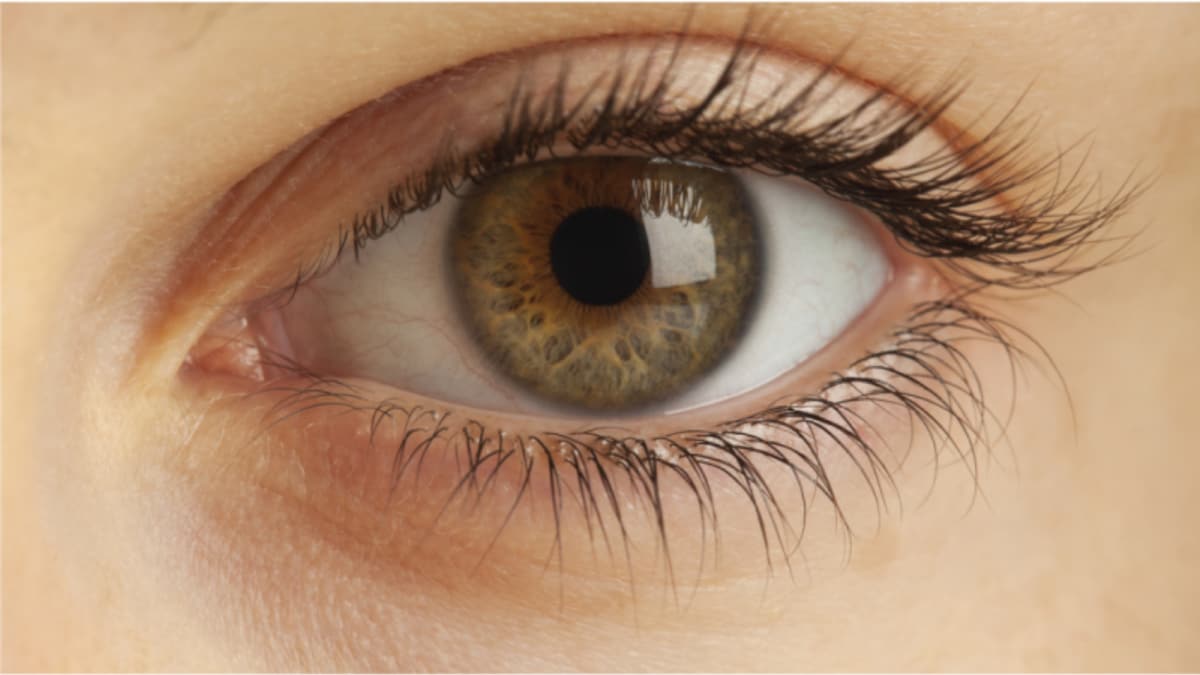Last Updated:
Eye donation can restore sight to two people. Dr. Amod Nayak explains who can donate, common myths, and why it’s one of life’s noblest deeds.

Eye donation is not only a virtuous act it is a legacy of sight. The next time you consider making a difference, remember committing your eyes only takes a few minutes, but its effects will last someone’s life for a lifetime in darkness.
Eye donation is an act of kindness and humanity that can restore sight to two or more blind individuals. It is a way to live beyond life, giving others the gift of vision even after death. The process is simple, safe, and dignified, and eyes can be donated up to six hours after death. Most religions support, and even encourage, organ and eye donation as a selfless act of charity.
Dr. Amod Nayak, Head, Clinical Services, Whitefield, Dr. Agarwals Eye Hospital, shares all you need to know:
There are certain doubts and uncertainties regarding who can donate eyes. A common question asked is whether patients with diabetes, cataracts, or a history of cancer can donate their eyes.
Diabetes: People with diabetes can donate their eyes. Diabetes does not affect the cornea, which is the part of the eye used for transplantation. The condition of the cornea is checked, and only healthy corneas are used.
Cataracts: Cataracts affect the lens, not the cornea. Therefore, people with cataracts can also donate their eyes. Prior cataract surgery may have some impact on corneal condition, but donated corneas are evaluated preoperatively and used accordingly.
Cancer: Corneas are avascular (contain no blood vessels), so the risk of cancer transmission through corneal transplant is extremely low. People who had localized cancers (such as breast, prostate, skin, or thyroid cancer) and are now cancer-free can donate their corneas.
However, corneas cannot be used for transplantation in the following cases:
People with blood-related cancers (leukemia, lymphoma, or multiple myeloma)
People with eye tumors
Cases where cancer had spread widely in the body at the time of death
Other contraindications for eye donation include:
HIV/AIDS
Hepatitis B or C
Rabies
Septicaemia (severe infection)
Eye donation should be promoted in society. It is indeed a very noble deed.
“Your eyes can light up someone’s world – even after you are gone.”

Swati Chaturvedi, a seasoned media and journalism aficionado with over 10 years of expertise, is not just a storyteller; she’s a weaver of wit and wisdom in the digital landscape. As a key figure in News18 Engl…Read More
Swati Chaturvedi, a seasoned media and journalism aficionado with over 10 years of expertise, is not just a storyteller; she’s a weaver of wit and wisdom in the digital landscape. As a key figure in News18 Engl… Read More
September 07, 2025, 14:17 IST







